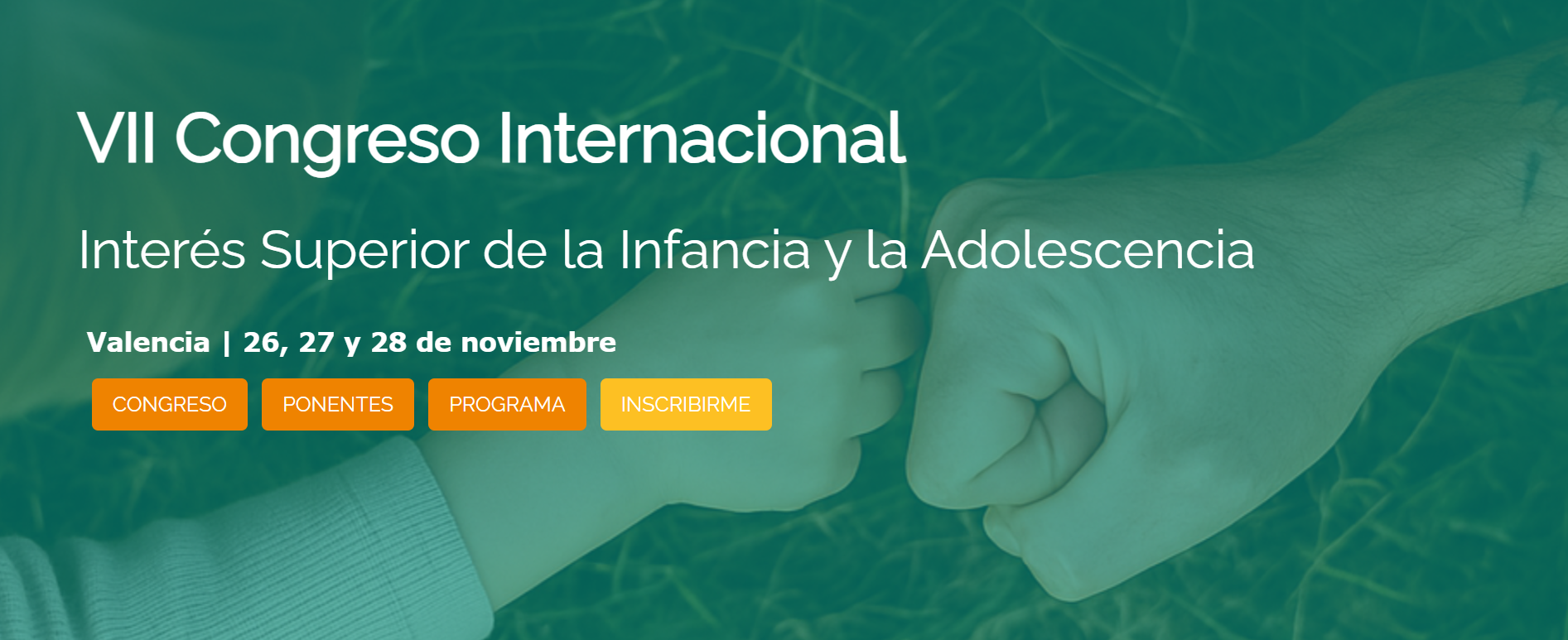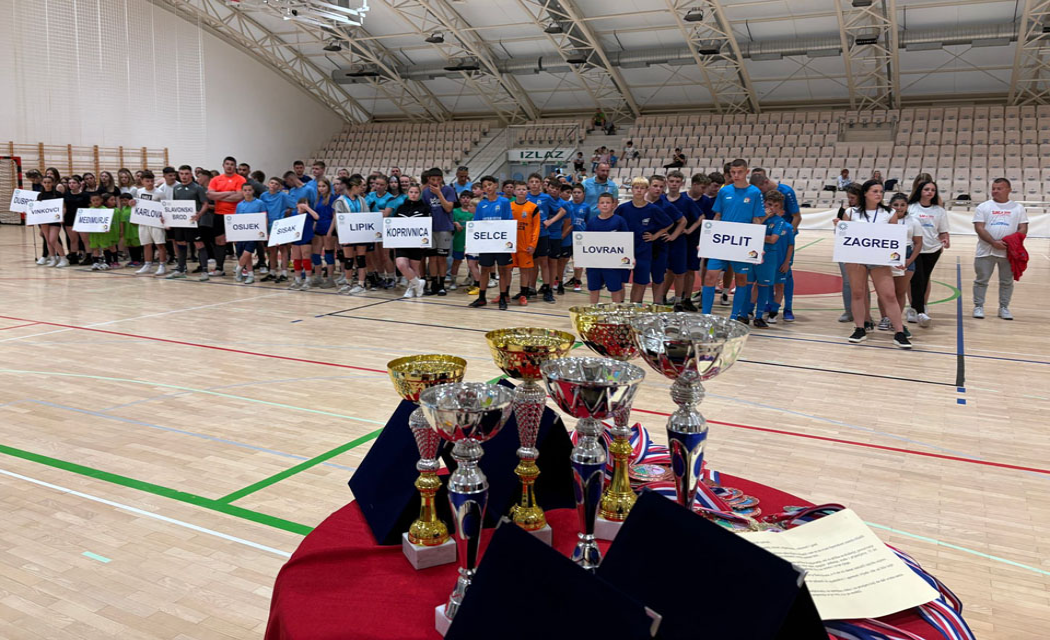Achieving better data for children in alternative care in Europe
Taking stock of Eurochild impact and our successful partnership with UNICEF ECARO between 2019-2023 on our DataCare project.
Earlier this month, the long-awaited monitoring framework for the European Child Guarantee has finally become available for public, following its endorsement by the Social Protection Committee (SPC) in November 2023.
For the first time at EU level, Member States will be asked to report on the following indicator relating to the number of children in alternative care (CiAC):

The inclusion of this indicator is a direct result of the research and advocacy of Eurochild and UNICEF’s multi-year partnership through our DataCare project. This partnership from 2019-2023 involved the following activities:
- Evidence-building through collaboration with a Eurochild-created network of research experts across 31 countries (27 EU Member States + 4 nations of the UK);
- A mapping and analysis of publicly available data carried out by Eurochild (with experts Mária Herczog and Florence Koenderink) and UNICEF ECARO;
- Targeted advocacy efforts at national level (in France, Ireland, Portugal and Romania with Eurochild & national experts) and with EU institutions to include CiAC in Child Guarantee National Action Plans and in the EU monitoring framework;
- Finally, UNICEF ECARO provided, with our feedback, technical guidance to the EU and the SPC in incorporating the indicator into the Child Guarantee’s monitoring framework.
There is a firm commitment by the European Union and its Member States to the deinstitutionalisation of children in alternative care and support for their transition to care that is family- and community-based. However, until now, there has been no way to collect EU-level comparable data on Member States’ progress to this end. That changes with the inclusion of our indicator into the European Child Guarantee’s monitoring framework. This means that Member States will report, based on available national data sources – it also means that civil society will be able to follow progress for their countries and across the EU, and have better access to data.
For more than a decade, the Eurochild network has advocated for improved data and transparency around the number of children in alternative care across European countries (see here, here, and here). We believe that better data collection will lead to better informed policies & national reforms, which in turn will result in better outcomes for CiAC.
While much work remains to be done with the implementation of the European Child Guarantee to deliver meaningful change for children in need across the European Union, Eurochild wants to take stock of this victory and recognise the role we in civil society have played to realise this achievement to unlock better public data collection for one of Europe’s most vulnerable groups of children.
In the near future, Eurochild will publish a more comprehensive response to the Child Guarantee monitoring framework and its implications for children in need.
Interested in learning more about international efforts to improve data collection for CiAC?
Exciting developments are taking place nationally, regionally, and globally to improve data collection for CiAC, informed by the findings from our DataCare project:
- The recent October 2023 Meeting of the United Nations Committee of Experts on International Statistical Classifications agreed to initiate work on the international classification of CiAC;
- The work of UNICEF ECARO’s TransMonEE network continues to support countries statistical systems improve the quality of their child protection data;
- The Conference of European Statisticians are working to implement recommendations to improve national data systems coverage of CiAC. All of these are informed by the learnings from the DataCare project;
- Following the publication of the Conference of the European Statisticians (CES) Guidance on Statistics on Children in 2022 that recognised the need to adopt standardised definitions and classifications for alternative care, UNECE and UNICEF are jointly organising the first-ever Expert Group meeting of national statistical offices on Statistics on Children in March 2024;
- Finally, the civil society led Transforming Children’s Care Collaborative’s Evidence for Impact Working Group also continues to be informed by our experiences in Europe.
Acknowledgements for the DataCare project
Eurochild would like to acknowledge the support and strategic partnership with UNICEF ECARO throughout the implementation of our DataCare project. Together, we have managed to galvanise existing evidence, and successfully advocate for lasting inclusion of indicators as part of a long-term vision for European data systems for children in alternative care.
Finally, Eurochild would like to acknowledge the contribution of the many experts who provided guidance and expertise to bring the DataCare project to fruition. The project was developed under the guidance of Jana Hainsworth, former Secretary General of Eurochild, and Aaron Greenberg, UNICEF Senior Regional Advisor for Europe and Central Asia, Child Protection. The DataCare research team included Gaspar Fajth, Mária Herczog, Florence Koenderink, Ciaran O’Donnell and Anja Teltschik.
Finally, the National Correspondents who provided national-based responses to our Phase 1: Research and Analysis (2020-2021) can be found here. Special thanks to Dr Isabelle Frechon (France), Professor Emeritus Robbie Gilligan (Ireland), Sérgio Araujo, Véronique Lerch, and Dr. Vânia Pinto (Portugal), and Daniela Tarnovschi (Romania) for their continued collaboration with Eurochild in the project’s Phase 2: National-EU Advocacy (2022-2023).
If you would like to learn more about our DataCare project, or explore partnerships with Eurochild to help us achieve lasting change for Europe’s children in need, contact Ciaran O’Donnell, Eurochild Partnerships and Programmes Coordinator.





